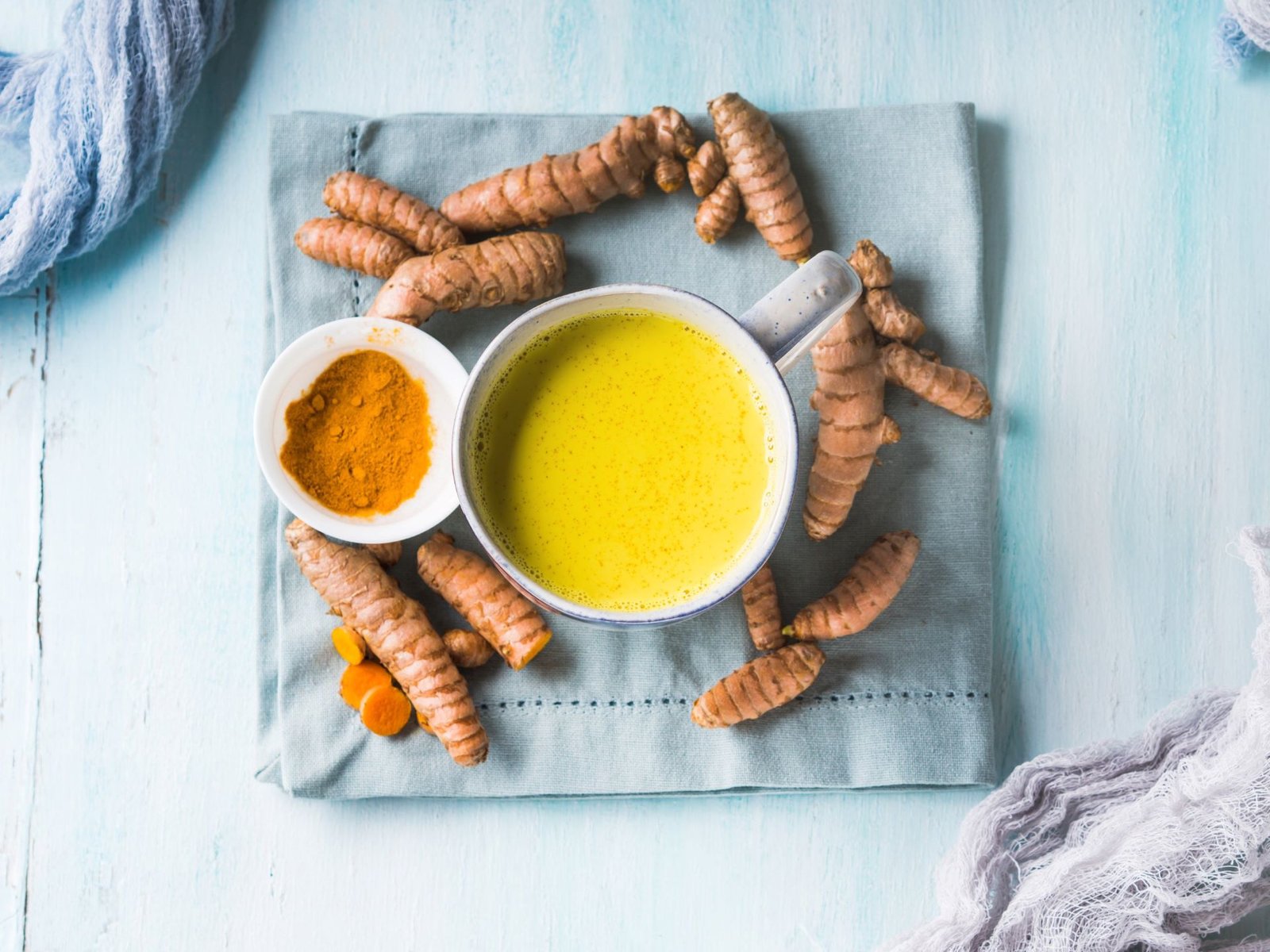Colon, which is also popularly known as large intestine, is a part of digestive system. Large intestine or colon plays an important role in processing the digested food and absorbing water from the digested food material. The colon is almost five to six feet long and is further subdivided into multiple sections: 1) Ascending Colon. 2) Transverse Colon. 3) Descending Colon. 4) Sigmoid Colon.
Functions of Colon:
1) Water and electrolyte absorption: The colon absorbs water and salts from the digested food material and turns it into solid waste called stools.
2) Bacterial fermentation: The colon mucosal lining consist of beneficial bacteria that helps to break down certain undigested food material and further improves gut health.
What is Colon Cancer?
Colon cancer, which is also called as colorectal cancer or bowel cancer, is a type of cancer that originate or begins in the colon or the rectum. Colorectal cancer typically begins as small and benign (non-cancerous) growth called as polyp. This polyp typically over years accumulates additional mutations and turn into cancer if not removed.
Symptoms of Colon Cancer:
1) Changes in bowel habits, such as unexplained diarrhea or constipation.
2) Blood in the stool or rectal bleeding.
3) Unexplained Weight Loss.
4) Feeling of incomplete emptying of the bowel.
5) Fatigue or weakness.
What is Ayurveda?
Ayurveda is an ancient system of Indian Medicine and has originated in India over 5,000 years ago, Ayurveda emphasizes on holistic approach to health and strongly preaches that health of an individual relies over balance between mind, body, and spirit. The word “Ayurveda” comes from the Sanskrit word, “Ayur” (life) and “Veda” (knowledge or science), so Ayurveda means “the science of life”.
Key concepts of Ayurveda are:
a) Panchamahabhuta Siddhanta (Five Elements): Ayurveda strongly believes and preaches that everything in the universe is composed five basic elements. This five basic elements are also constituent building block of the human body. This five basic elements are:
1) Akasha (Space). 2) Vayu (Air). 3) Agni (Fire). 4) Jala (Water). 5) Prithvi (Earth).b) Dosha Siddhanta (Constitutional Types): Ayurveda strongly preaches that the body consists of three doshas, these three doshas determines each individual physical and mental trait of an individual.
1) Vata (Vayu and Akasha): Vata controls bodily movement, breathing, and communication of the body.
2) Pitta (Agni and Jala): Pitta controls metabolism, digestion, and temperature of the body.
3) Kapha (Prithvi and Jala): Kapha is responsible for structure, immunity, and stability of the individual.
Ayurvedic Herbs for Colon Cancer
In Ayurveda, the treatment of colon cancer includes a traditional and holistic approach which involves combination of herbs, dietary recommendations, and detoxification therapies like Panchakarma. Ayurveda also specifically focuses on lifestyle modifications in the treatment of colon cancer. Certain Ayurvedic herbs that proves beneficial in colon cancer are:
1) Turmeric (Curcuma longa) or Haldi in Colon Cancer Patients:
Turmeric (Curcuma longa) is most of the widely prescribed Ayurvedic herbs in colon cancer and has a potential role in the treatment and prevention of colon cancer. Curcumin is the key bioactive compound of Turmeric (Curcuma longa) and displays significant anti-cancer properties by targeting colon cancer cells.
Benefits of Curcuma longa in colon cancer is:
a) Anti-Inflammatory Effects: It is well known fact that chronic inflammation plays a important in the development of colon cancer. Haridra (Curcuma longa) is a potent anti-inflammatory agent and it helps to inhibits inflammatory pathways like NF-kB. It is found that NF-kB is often activated in cancerous cells and by reducing inflammation or targeting NF-kB pathway Haridra (Curcuma longa) creates a less conducive environment for proliferation or spread of colon cancer.
b) Inhibition of Cancer Cell Proliferation: Haridra or Haldi has demonstrated significant anti-cancer properties by inhibiting the growth and proliferation of cancer cells. Haridra or Haldi blocks multiple signalling pathways, such as Wnt/β-catenin and STAT3, which are involved in cancer cell survival and metastasis. Haridra or Haldi induces apoptosis or programmed cell death in colon cancer cells thereby exhibiting significant anti-cancer.
) Prevention of recurrence of Colon Cancer: It is well known fact that Cancer Stem Cells (CSC’s) are one of the important causative factor in the recurrence of cancers. Cancer Stem Cells (CSC’s) are generally resistant to conventional line of anti-cancer treatment. Haridra or Haldi helps to reduce the chances of recurrence by inhibiting the cancer stem cells.

Haridra Khanda Yoga in Colon Cancer
Haridra Khanda Yoga is a traditional Ayurvedic formulation and primarily contains Haridra (Curcuma longa) or Haldi, along with other supportive herbs. Haridra Khanda Yoga is used to treat multiple ailments and boost immune system. Haridra Khanda Yoga proves extremely beneficial in colon cancer through it anti-inflammatory, anti-oxidant, and Immunomodulatory properties. Haridra Khanda Yoga improves digestive health in colon cancer patients and helps to detoxify dustha doshas.
2) Guduchi (Tinospora cordifolia) in Colon Cancer Patients
Guduchi (Tinospora cordifolia), which is also known as Amrita or Giloy, is one of the most important herbs that has wide range of therapeutic benefits. Guduchi (Tinospora cordifolia) is also called Rasayana through its rejuvenating and restorative properties. Guduchi (Tinospora cordifolia) has several benefits and it helps to support health of the colon cancer patients.
Potential Benefits of Guduchi in Colon Cancer Patients:
a) Immunomodulatory Action: Guduchi (Tinospora cordifolia) is well known in its ability to modulate immune system and helps to maintain a strong immune system that helps to improve the body ability in combating cancer cells. Guduchi (Tinospora cordifolia) helps to enhance both innate and adaptive immune response in colon cancer patients. Guduchi (Tinospora cordifolia) helps to strengthen the body natural defences.
b) Anti-Inflammatory Properties: It is well known fact that chronic inflammation may lead to colon cancer and its further progression and proliferation. Guduchi (Tinospora cordifolia) is good in reducing the inflammation and ameliorate colon cancer progression.
c) Detoxification: Guduchi (Tinospora cordifolia) helps to detoxify aam (dustha doshas), which when accumulated can lead to many diseases including cancer. Guduchi (Tinospora cordifolia) also helps to detoxify or eliminate toxins that has accumulated after conventional treatment like chemotherapy, radiation etc.
d) Anti-oxidant Effects: Guduchi (Tinospora cordifolia) proves extremely beneficial in colon cancer patients through its anti-oxidant properties. Guduchi (Tinospora cordifolia) helps to neutralize free radicals that causes cellular damage and promote cancer growth. Guduchi (Tinospora cordifolia) also helps to further prevent DNA damage.
e) Cytotoxic and Antitumor Activity: Guduchi (Tinospora cordifolia) has a strong cytotoxic and anti-tumor response. It directly target the cancer cells and induces apoptosis or programmed cell death. Guduchi (Tinospora cordifolia) through its anti-tumor activity helps to reduce the spread of the cancer and reduce the tumor size.
Shanshamni Vati in Colon Cancer
Shanshamni Vati is a traditional Ayurvedic formulation and is mostly used in enhancing immunity and managing conditions like colon cancer. Shanshamni Vati is prepared from Guduchi (Tinospora cordifolia) and is known for it’s immune-modulating, anti-inflammatory, and anti-oxidant properties. Shanshamni Vati helps to neutralize the free radicals and reduce the oxidative stress in colon cancer cases.
About Team ‘Cancer In Ayurveda
Our Team ‘Cancer In Ayurveda’ consists of Ayurvedic practitioners who are dedicated to providing patients with the best possible care for cancer. We at Team ‘Cancer In Ayurveda’ believe that Ayurveda can complement modern medicine and provide patients with a more comprehensive approach to their care. Our personalized approach to treatment, extensive knowledge of Ayurvedic herbs, use of Panchakarma, and modern parameters make us one of the most dynamic teams of Ayurvedic cancer experts in Mumbai.
We at Team ‘Cancer In Ayurveda’ are committed to helping patients manage their condition effectively and provide them with the support and guidance they need throughout the process.
